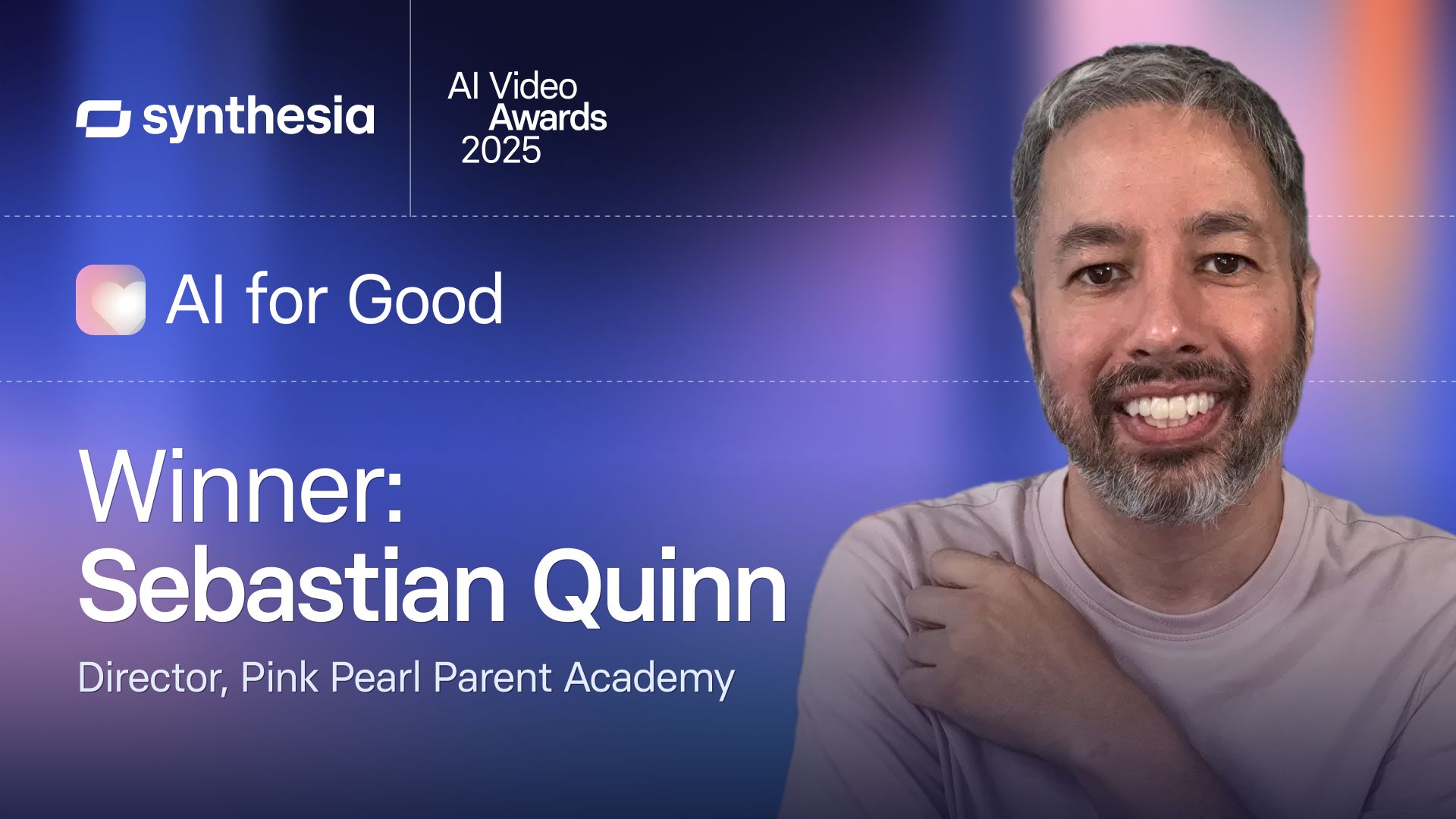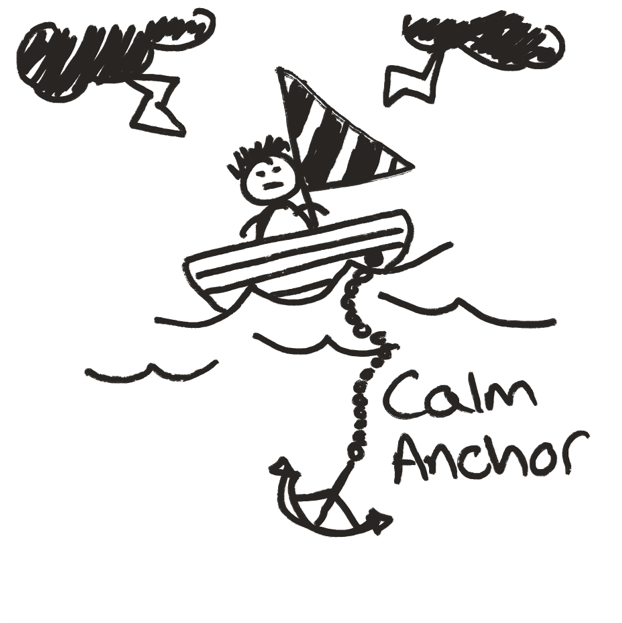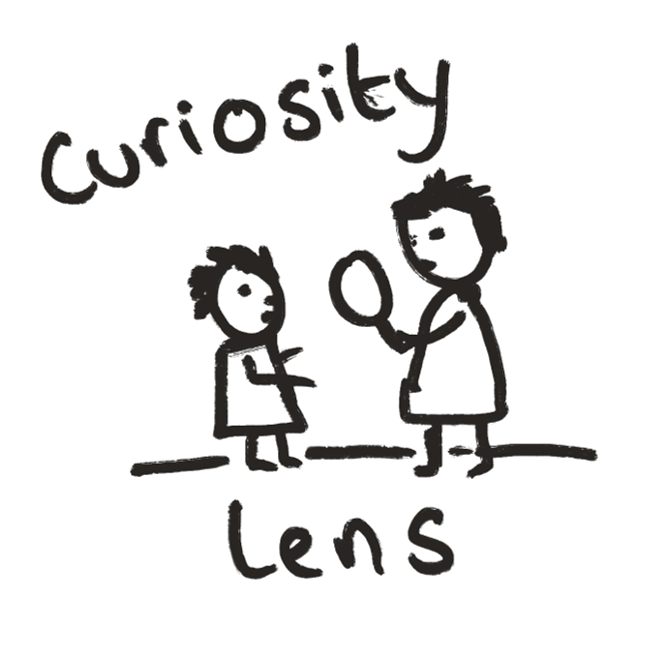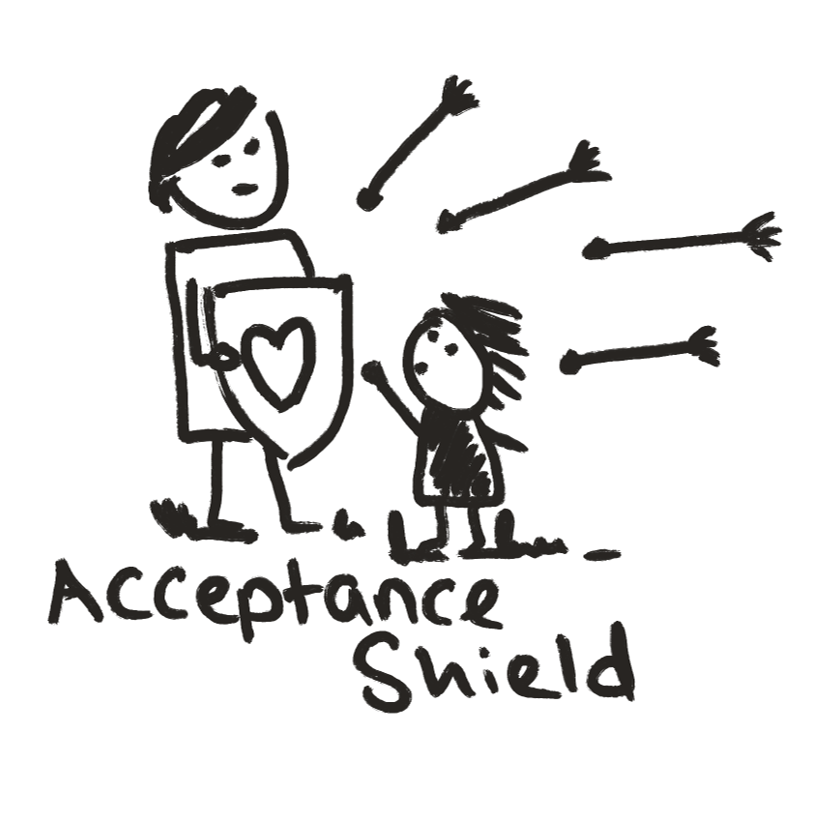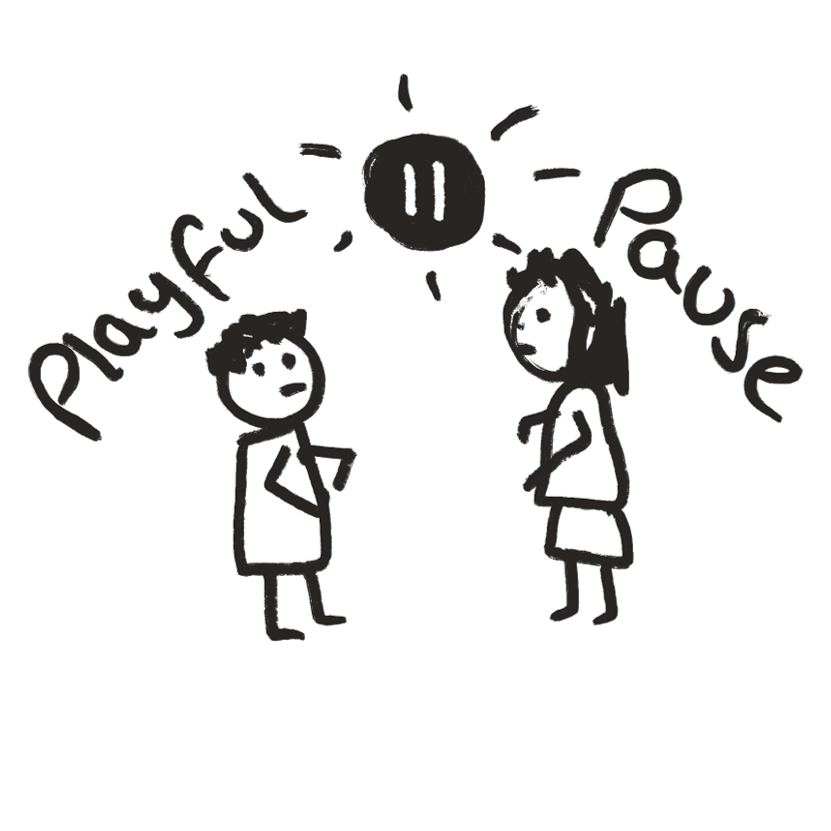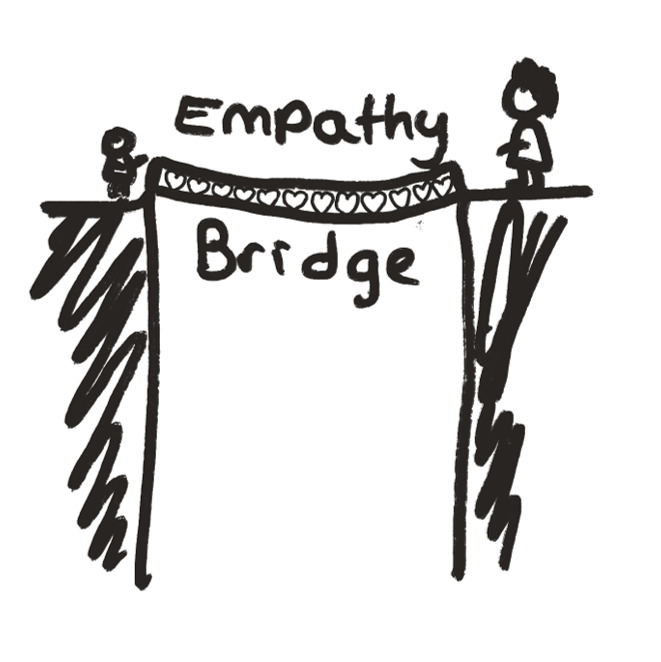Shame in Traumatised Children
Write your awesome label here.
Course Overview
This course is part of the following Guided Pathways:
Or choose of our paid plans and get access to all our courses:
Parents and Carers Love Us

Certification Included
If you're a foster carer or other professional working with children, this certificate is a record of your Continuous Professional Development (CPD).
CPD Minutes: 30
CPD Minutes: 30
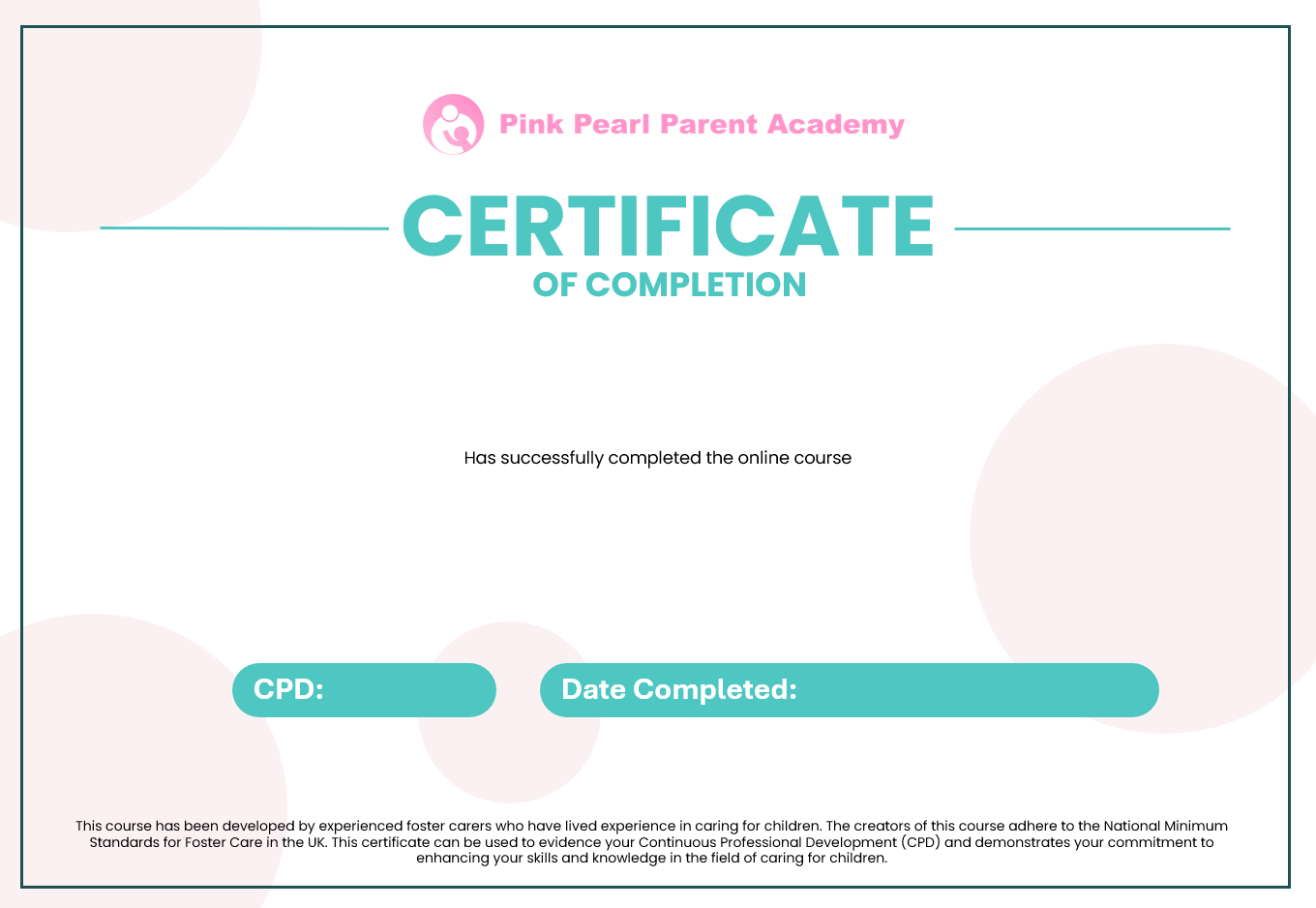
How This Course Meets the UK's National Minimum Standards (NMS) for Fostering Services
How This Course Supports the UK's Training, Support & Development Standards (TSD) for Foster Care
What's in the course?
below are the sources we used to help us create this course
Recommended Reading and Resources
"Understanding the PACE Model" by bMindful Psychology
The article explains how the PACE model—Playfulness, Acceptance, Curiosity, Empathy—helps build trust with children who’ve experienced trauma.
It's a valuable read for parents, carers, or professionals seeking practical, compassionate tools to strengthen relationships and support emotional healing in young people through everyday interactions.
It's a valuable read for parents, carers, or professionals seeking practical, compassionate tools to strengthen relationships and support emotional healing in young people through everyday interactions.
"Dyadic Developmental Practice (DDP)" by Karen Bellaby
The article explains how Dyadic Developmental Practice (DDP) supports foster and adoptive carers in building trust with children who have experienced trauma.
It introduces the PACE approach—Playfulness, Acceptance, Curiosity, Empathy—and addresses challenges like "blocked care." This resource is valuable for those seeking to enhance their caregiving strategies.
It introduces the PACE approach—Playfulness, Acceptance, Curiosity, Empathy—and addresses challenges like "blocked care." This resource is valuable for those seeking to enhance their caregiving strategies.
"Understanding and Recognizing the Effects of Trauma" by Children's Network Florida
The CORE Teen Right Time Booklet: Trauma 1-1 is a valuable resource for foster and adoptive parents aiming to understand and respond effectively to the effects of trauma in youth. It introduces the "Regulate, Relate, Reason" framework, guiding caregivers to support healing and build trust. This booklet is essential for those seeking practical strategies to create a trauma-informed, supportive environment for adolescents in their care.
Recourses at Beacon House
Beacon House is passionate about developing freely available resources so that knowledge about the healing of trauma and adversity is in the hands of those who need it.
Interview: "Working with Trauma-Induced Shame – with Bessel van der Kolk, MD" at the National Institute for the Clinical Application of Behavioural Medicine
In the interview, Bessel van der Kolk, MD gets into a parts approach for working with trauma-induced shame (and explains how shame can be adaptive).

